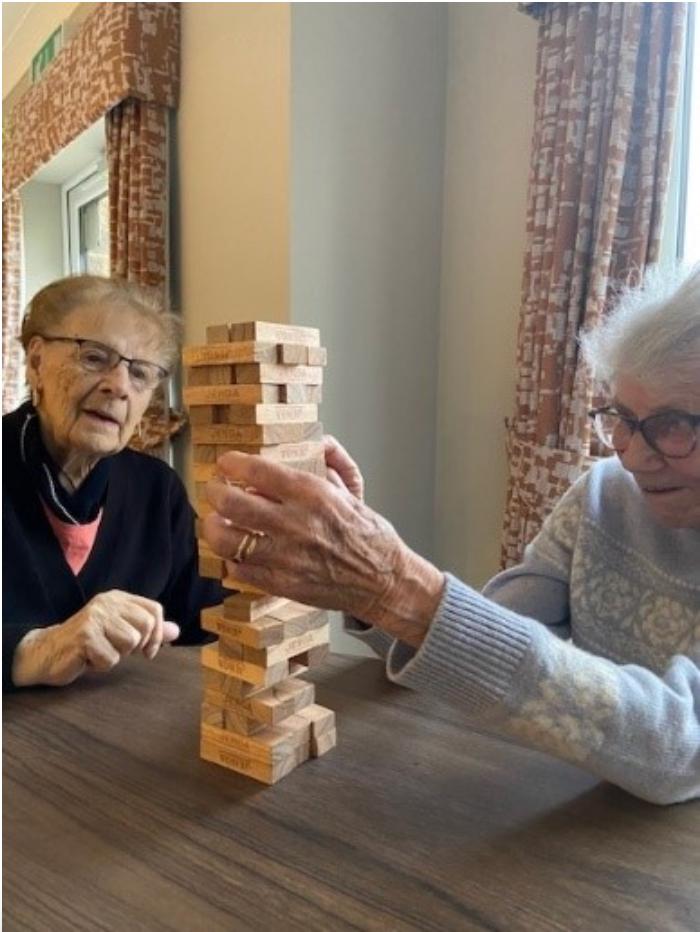How to Get an Elderly Person into a Care Home

Moving into a care home is a common step for many older adults in the UK. At Penrose Court Care Home in Biggleswade, we understand that it can feel overwhelming for both the person moving and their family. Choosing a care home provides access to professional support, personalised care, and a safe environment when living independently is no longer practical.
In this guide, we explore key considerations for a smooth transition, including involving your loved one in decisions, understanding care needs, comparing local homes, and managing financial arrangements. We also highlight the benefits of choosing a care home that offers Nursing, Residential, Dementia, and Respite Care.
Being Involved in the Process
A move into a care home can feel stressful, which is why it is important to involve the person in the decision whenever possible. Open conversations can help them feel in control and reduce anxiety.
Visiting potential homes, such as Penrose Court, allows both residents and families to ask questions and familiarise themselves with the environment. This approach often makes the move feel less daunting and helps the individual embrace the idea more positively.

Benefits of a Care Home
Living in a care home is not the “last option.” In fact, it can enhance independence, provide companionship, and offer access to around-the-clock professional care.
Benefits include:
- 24-hour care support for medical and personal needs
- Safe, secure environment designed for older adults
- Social opportunities to prevent isolation and encourage friendships
Being involved in the planning allows your loved one to understand the advantages and feel more comfortable with the transition.
Comparing Local Care Homes
Every care home is unique, so it’s important to shortlist a few local options. Consider:
- Care services offered (Nursing, Residential, Dementia, Respite)
- Amenities such as activity programmes, gardens, dining options, and day trips
- Reviews and inspection reports from the Care Quality Commission or online platforms
If your loved one has dementia or reduced mental capacity, arranging a lasting power of attorney ensures decisions are made in their best interest.
Understanding the Level of Care Needed
Each individual has unique needs. Care homes create personalised care plans tailored to:
- Mobility and physical health
- Mental capacity
- Personal care and daily routines
Local authorities and care home managers can provide guidance and a care needs assessment to help determine the most appropriate level of care.

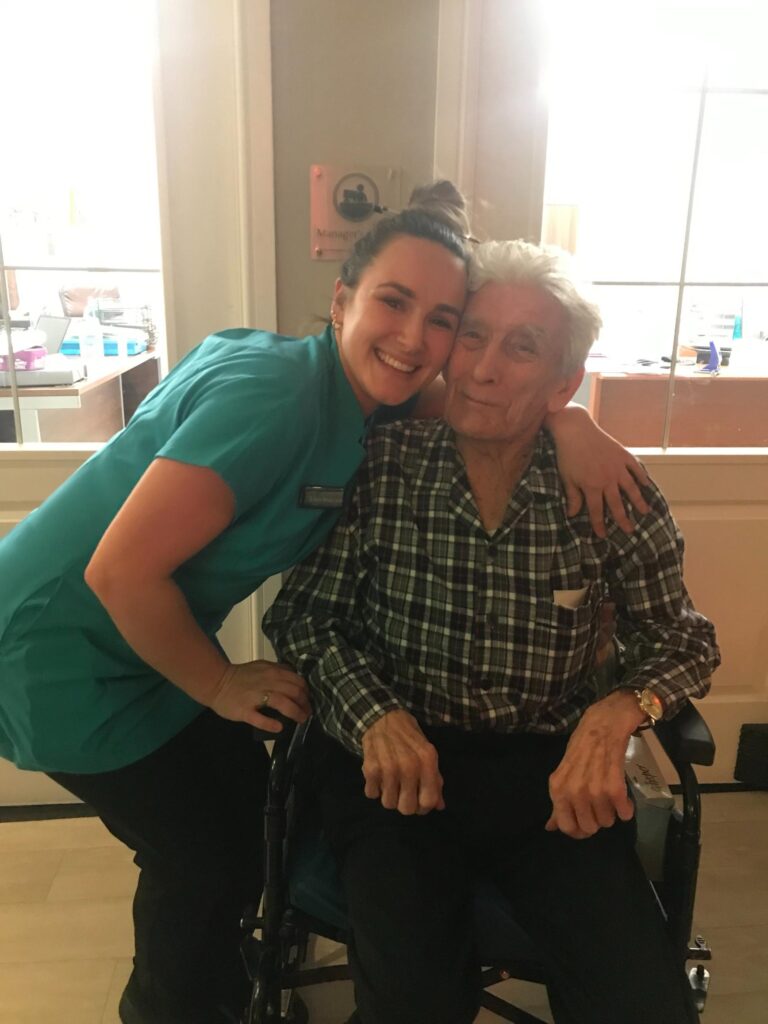
Financial Considerations
UK care home fees are among the highest in Europe, so planning finances is essential. Options include:
- Self-funding your care
- Local authority support if income/assets are insufficient
- NHS Continuing Healthcare Funding for complex medical needs
- Combination funding options, such as top-up fees
Fees often increase annually, so it’s important to confirm payment structures before committing.
Tailored High-Quality Care at Penrose Court
Penrose Court Care Home in Biggleswade provides luxury care for up to 65 residents, offering Nursing, Residential, Dementia, and Respite Care.
Every resident benefits from:
- Personalised care plans designed with residents and families
- Access to professional, compassionate carers
- Amenities that support independence, comfort, and wellbeing
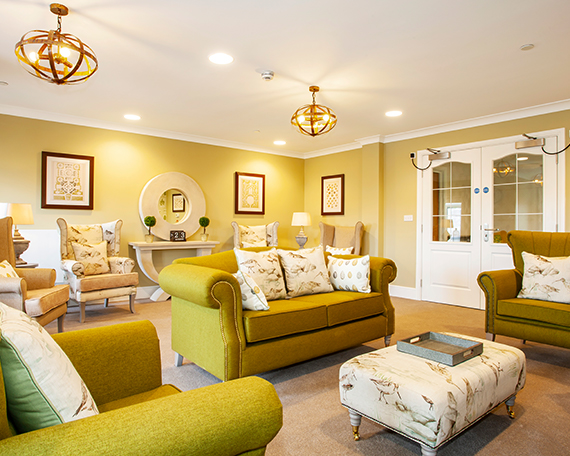
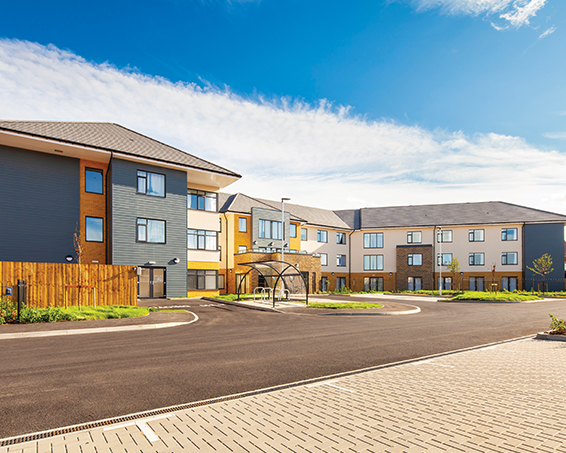
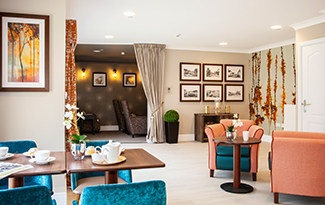
Have Questions or Want to Arrange a Visit?
We know deciding on a care home can be difficult. Our friendly team at Penrose Court is here to answer your questions, guide you through the options, and help you find the right care for your loved one.
Get in touch today to speak with our care advisors or arrange a personal tour. You can also explore our facilities online to get a feel for our home.
This blog post was updated on Monday, 17th November 2025.




